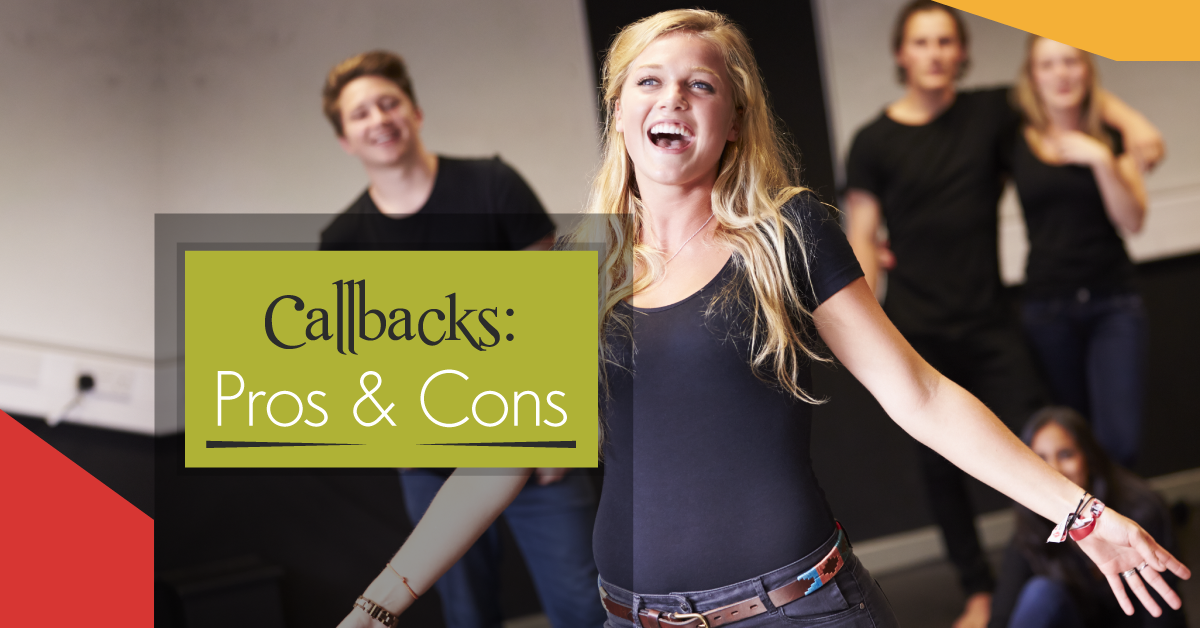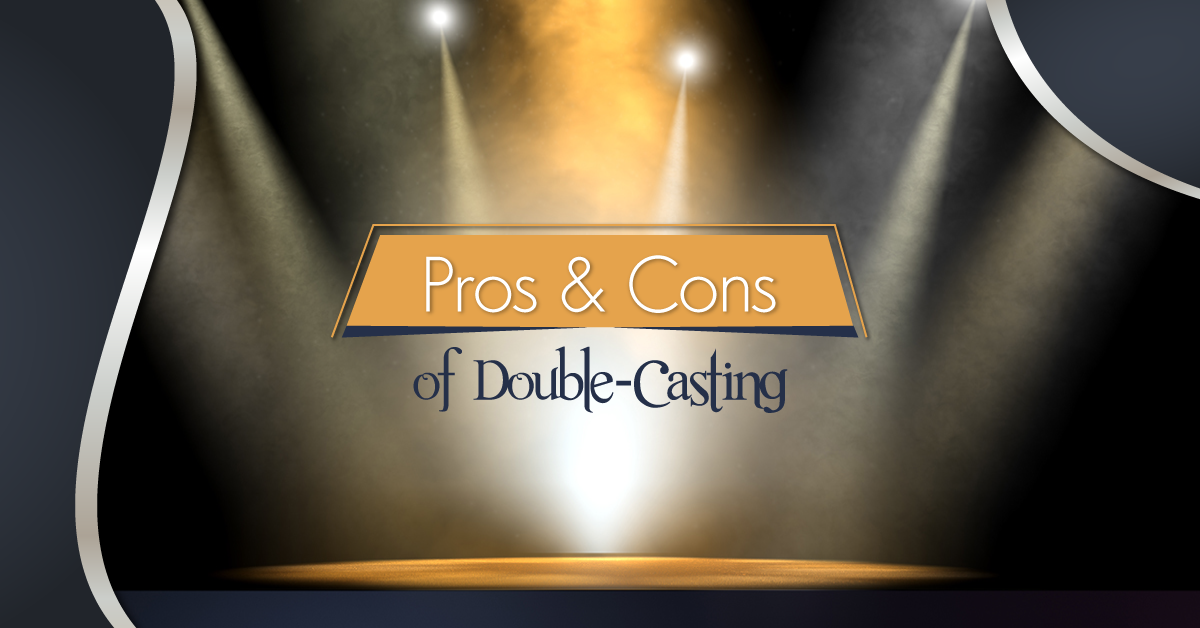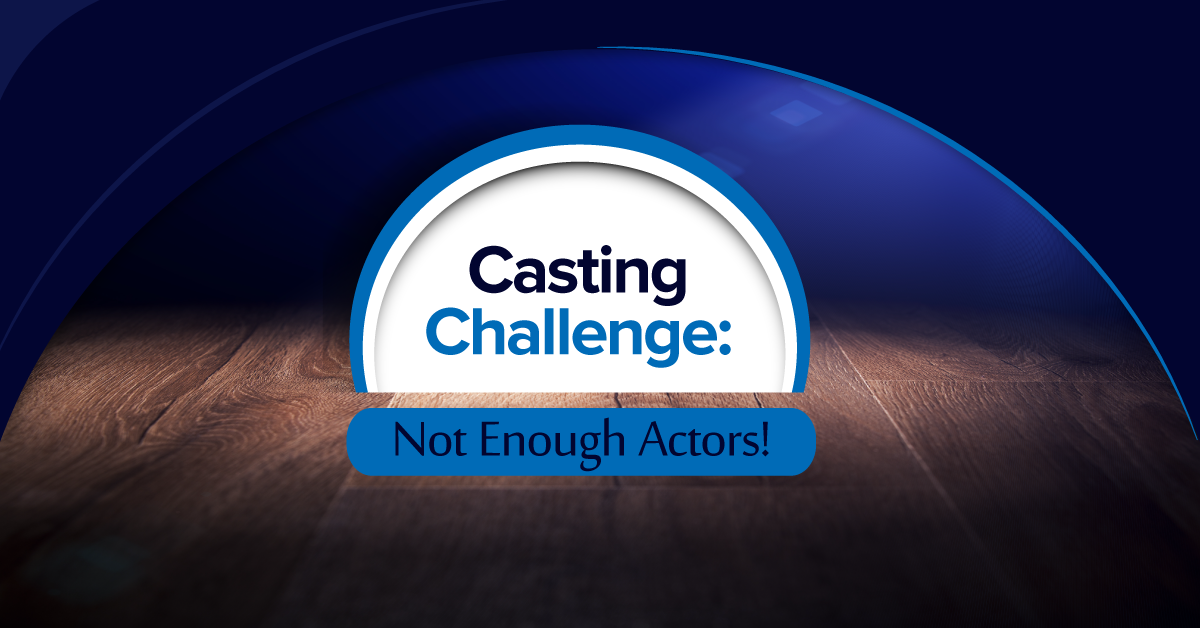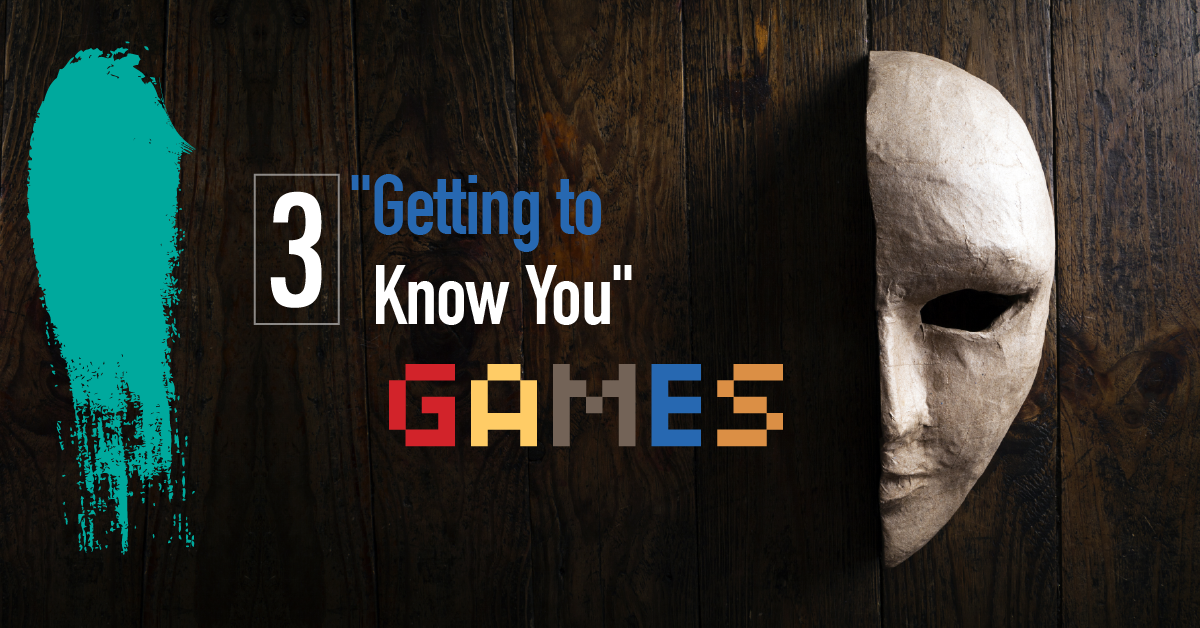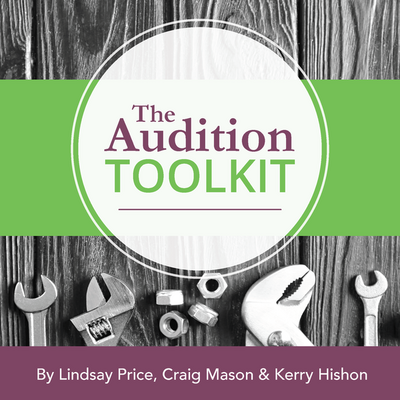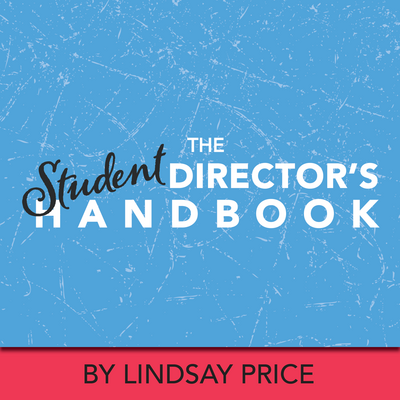Pros & Cons of Callbacks
Imagine this: You’ve just completed your audition for the school production. You’re feeling really confident and happy with your performance. You can’t wait to find out who is going to be playing what role. But wait! It turns out that sometimes there’s an extra step before casting is released–the callbacks!
A callback is an invitation to the actor, from the director of a show, to take the next step down the audition path. It means that the director has seen something in an actor that they liked and wants to see them again. Callbacks can be extremely useful in casting a show, but they aren’t always necessary for every production.
Are you considering having callbacks for your next school production? Here are some pros and cons to consider.
PROS
Callbacks give you a chance to see students again.
Depending on how many students audition, it can be difficult to make casting decisions based on one short interaction with them. Also, some kids don’t always give the strongest audition performances, despite their talent. Having callbacks gives you the opportunity to see students perform again, often in a different situation. Callbacks can consist of reading from the script, presenting different audition pieces, a dance or movement exercise, improvisation–whatever works best for your production.
Callbacks can confirm or alter your casting decisions.
Here’s a scenario: You think that Maya is perfect for a certain role in your show. She’s a senior, has lots of experience, and is a confident performer. But then Katie really surprised you with her audition. She’s only in grade 10 but she really worked hard and you can see a spark there. Calling both students back can give you more focused time with them and help you to make that tough choice. Have students read the same scene and see how their performances stack up.
Callbacks can help to check chemistry between students.
Lots of shows have character pairings that are integral to the plot of the show, like romantic relationships, family members, or even rivals. Callbacks can give you the chance to try different pairings to see what works well. Try having different pairs read scenes together, and then mix up the pairings and try them again. You’ll have a clearer vision of what pairings work well (or, don’t work at all!).
Callbacks can assess the dedication of the students involved.
Callbacks are a great way to gauge students’ attitudes and how committed they are to the project. Are they willing to spend another day trying to get the part? Are they happy to have gotten called back, or are they upset that they weren’t given the part outright? Are they organized enough to get themselves to the callback? Have they taken steps to prepare for the callback?
CONS
Callbacks take more time out of your schedule.
If you do decide to hold callbacks, you will need to plan ahead. You will have to arrange another date to hold the callbacks, and ensure you have a venue or location booked. If you need scenes or sides, you’ll have to prepare them in advance. You will also have to decide what course of action you will take if a student you’d like to call back cannot attend the callback session. Will you arrange an alternate time to see them, or will that take them out of the running?
Callbacks can be the cause of emotional rollercoasters for your students.
There are many emotional responses your students might feel in regards to callbacks:
- If they get called back and then don’t get “that” part they had their heart set on.
- If they get called back but then don’t get any part. (I have heard of this happening–you will need to be very upfront with your students on whether or not a callback guarantees a role.)
- If they don’t get called back at all–does this mean that they are in the show or not? (Some teachers may choose to only call back for some roles but not others–again, be clear with your students on whether a callback means they’re in or not.
The most important thing to remember is…
The most important thing to remember when dealing with callbacks is to be very clear with your students. What do callbacks mean? When and where will callbacks be? What should students expect to do at the callbacks? Do they need to prepare anything in advance? Are you calling back for all roles or just some? Does getting a callback guarantee a role? If you don’t get a callback, does that mean the student is even in the show?
The more information you can provide your students, the easier callbacks will be for everyone involved!
Kerry Hishon is a director, actor, writer, and stage combatant from London, Ontario, Canada. View her blog at www.kerryhishon.com.
Related Articles
Audition Toolkit
by Lindsay Price, Craig Mason, and Kerry Hishon
Teach students to present their best selves in an audition situation with The Audition Toolkit - complete with articles, exercises, tips and more for both teachers and students.
The Student Director's Handbook
by Lindsay Price
Help students take their show from first audition to opening night with The Student Director’s Handbook. This easy-to-use ebook is full of guidelines, tips and templates designed to help students create a vision, circumvent problems and organize rehearsals on their way to a successful production.
The Rehearsal Companion
by Kerry Hishon
You’ve chosen the play, paid the royalties, done the script analysis, held your auditions, and cast the show. Tomorrow is the first rehearsal. Are you ready? Really ready? The Rehearsal Companion can help!
